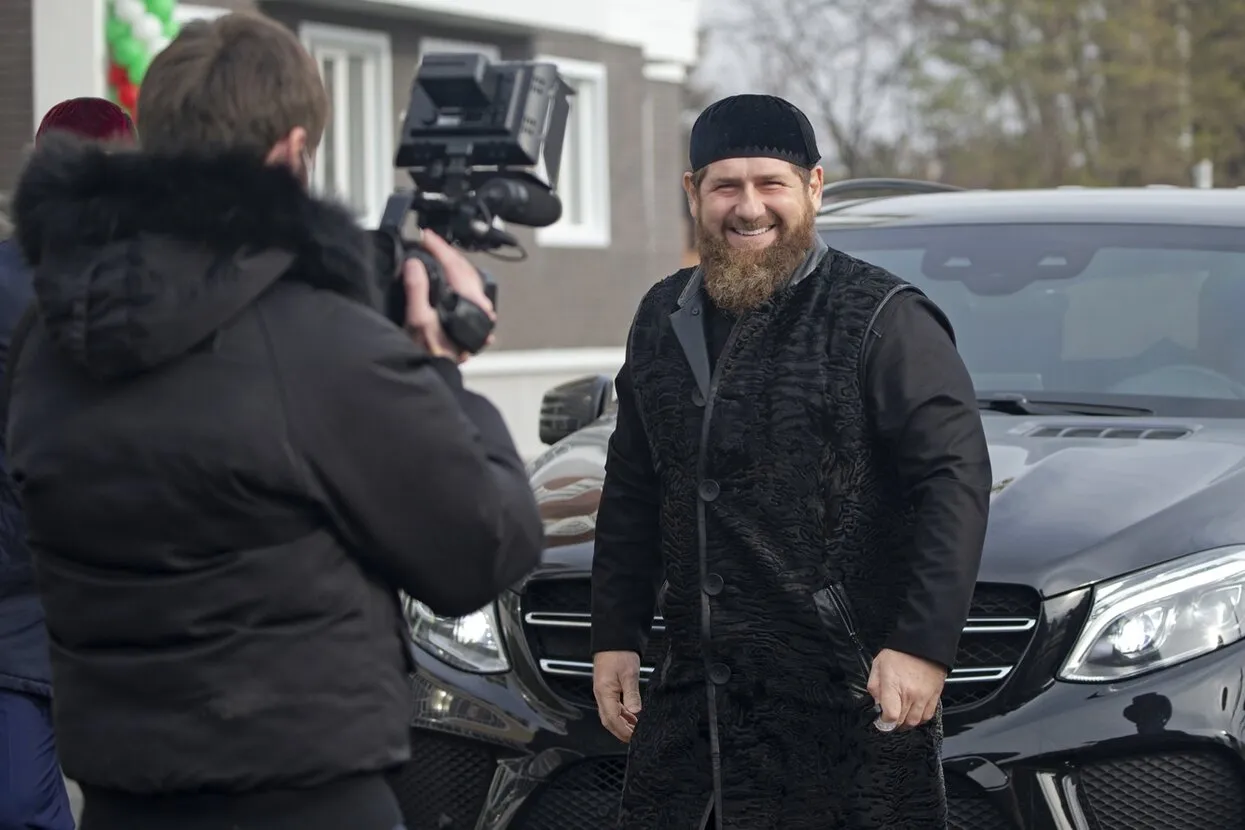
‘A declaration is another thing’ Journalists asked the Kremlin’s spokesman about Ramzan Kadyrov’s wealth. Here’s what he said.
On Friday, April 9, journalists asked Kremlin spokesman Dmitry Peskov to comment on the wealth of Chechnya’s leader Ramzan Kadyrov. This came after the investigative outlet Proekt published an investigation into the assets held by Kadyrov and his wives (both official and alleged). (The investigation is available in English here). Despite probing questions from the press, Peskov maintained that the asset declarations of all Russian officials are subject to anti-corruption inspections. He could not, however, confirm whether or not Proekt’s findings about Kadyrov’s wealth were reflected in official audits.
TV Rain: Regarding the outlet Proekt’s investigation about Ramzan Kadyrov. The media regularly publishes materials about discrepancies between the official income of the head of Chechnya and his spending and the luxury in which he lives. Does the Kremlin have an explanation for where this money comes from, and is there perhaps a corruption component there?
Dmitry Peskov: Well listen, an investigation is one thing but a declaration is another. All heads of regions fill out and submit declarations, which are then verified by the relevant departments. If necessary, a more thorough audit is carried out. Therefore, in this case, we are still guided by the official data and the official results of the special services’ audits in this regard.
TV Rain: Can’t the media act as a kind of outside institution in this situation?
Dmitry Peskov: The fact is that the direct evidence that’s verified by the relevant anti-corruption division is much more reliable than the evidence shown in the media.
TV Rain: That’s to say that there’s no need for an additional audit?
Dmitry Peskov: There is no need for additional adults because all of the data that the heads of regions and government officials declare are already checked in the most thorough way. And this is done on an annual basis.
Ekho Moskvy: Does what’s published in the press, in particular, by the outlet Proekt, seem to coincide with what’s been declared and what official inspection bodies are aware of? Or does it not seem to coincide?
Dmitry Peskov: You know, to be honest, I have not done and do not do the reconciliation. We focus primarily on the results of the official audits that anti-corruption divisions carry out.
Ekho Moskvy: Do these divisions follow publications in the media, or are they not interested in this in principle?
Dmitry Peskov: They proceed from primary sources. Any property belonging to a person, his banking assets, his investment activities, real estate — all of this is checked.
Ekho Moskvy: That’s to say that what’s published [in the press] doesn’t interest the presidential administration in any way because this reflects what was verified, or that in principle nobody is interested in this?
Dmitry Peskov: The anti-corruption divisions are carrying out their duties properly.
Ekho Moskvy: It’s not entirely clear, of course, to what extent things are consistent or inconsistent. They’re carrying out their duties, we understand this. But to what extent does what has been published reflect the reality and the opinion of these bodies?
Dmitry Peskov: I can’t tell you that.
Kadyrov’s response
Asked about where Chechnya’s money comes from in 2011, Kadyrov replied “Allah gives it.” “I don’t know, the money comes from somewhere,” he said.